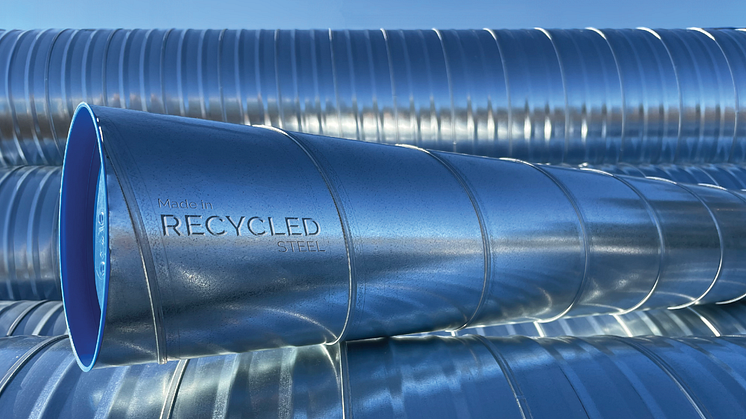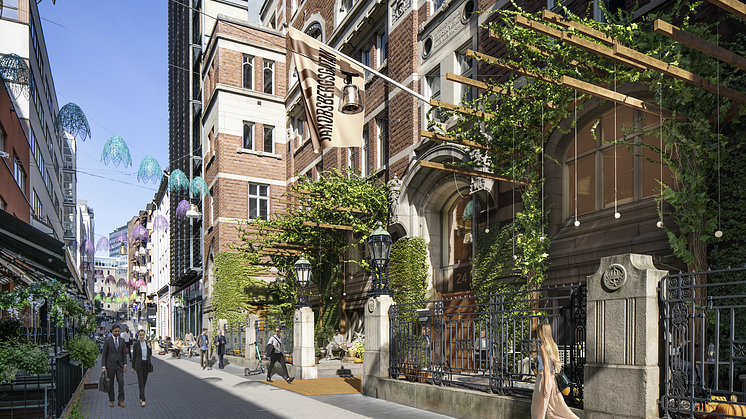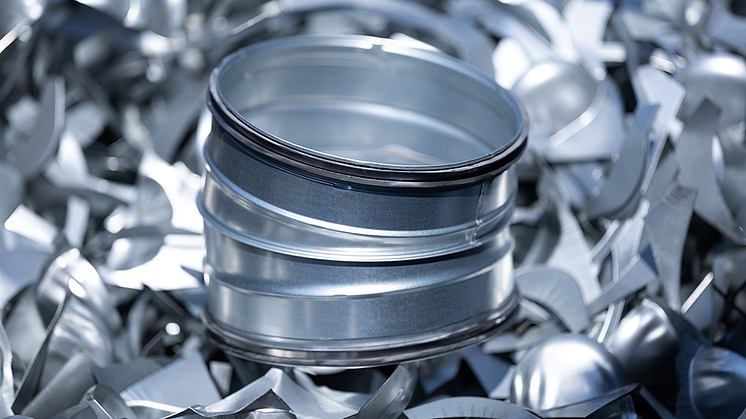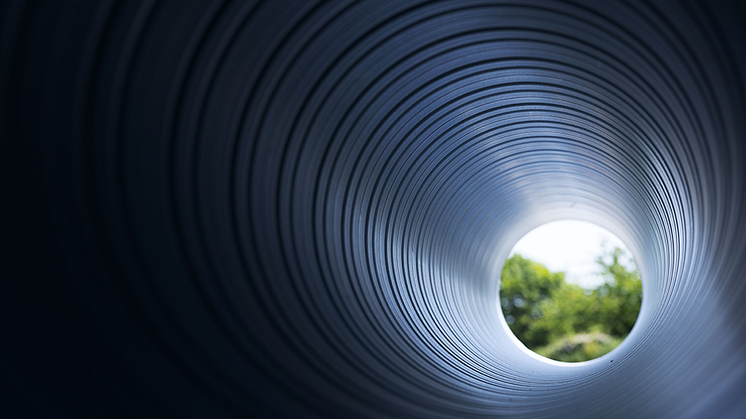
Blog post -
Lindabs journey toward reduced CO₂-emissions - first stop: decarbonised steel
As a leading ventilation company offering solutions for energy-efficient, high-quality ventilation with ease of installation, Lindab have chosen to work with steel because of it’s many advantages. It has a long lifespan, it can’t catch fire and it can be recycled over and over again without loss of quality. In other words, we need steel to make the best and safest products possible.
At the same time, the steel industry is responsible for around 7% of the total CO₂-emissions globally. World steel production is expected to increase from 1,950 million tonnes in 2021, to around 2,500 million tonnes in 2050. Put that in relation to European Union’s Green Deal, where we are to be climate neutral by 2050, meaning zero CO₂-emissions, and you’ll understand that we have a long and possibly winding road ahead of us. At Lindab, our leading words are “For a better climate”. This refers to the indoor climate and the need for clean air, as well as our climate in general. So, what are we doing to help reduce these emissions, and contribute to Green Deal being successful?
In 2021, we partnered with SSAB on a future with fossil-free steel. And now, 2023, we have launched products in Recycled 75 steel. This type of steel consists of at least 75 percent recycled material and is produced in electric arc furnaces powered by renewable electricity.
With circular and rectangular ducts made of Recycled 75 steel, the climate impact from the material is reduced by 62% compared to traditional steel. Example: For a circular duct dimension 125 mm, this means a saving of 2.44 kg CO₂e/m (this refers to Global Warming Potential fossil). We base this on EPD data, the full EPD will be published late 2023. Traditional steel is made from Basic Oxygen Steelmaking which includes using a blast furnace. Up to 50% of a ventilation systems climate footprint, based on material, comes from ducts made from steel. This is why we first and foremost has chosen to focus on circular and rectangular ducts, simply because this is where we get the biggest positive effect. As you can hear, the Recycled 75 steel is a big step on the way to a more sustainable future, but it’s not the first nor the last.
Read more about decarbonised steel here.
Contact
Matilda Isaksson
Group Sustainability Manager
matilda.isaksson@lindab.com




